
A new study demonstrates that the introduction of a universal immunization program had positive impact on the educational attainment of people in India’s school system.

A new study demonstrates that the introduction of a universal immunization program had positive impact on the educational attainment of people in India’s school system.

Stay on top of coronavirus developments from March 12, 2020.

A new study results demonstrate that a cabotegravir/rilpivirine injectable, delivered monthly, is noninferior to standard daily oral antiretroviral therapy and is well tolerated by patients.

A new study examining the reasons for suboptimal PrEP use among MSM was presented at CROI 2020.
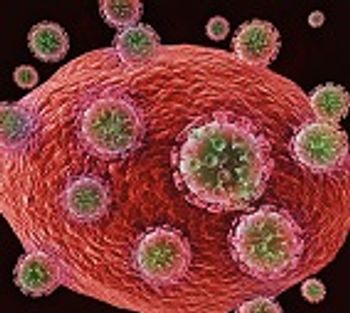
Data from clinical and preclinical studies on the use of the investigational HIV-1 capsid inhibitor GS-6207 were presented via 3 posters at CROI 2020.

What should we consider during these tough conversations?
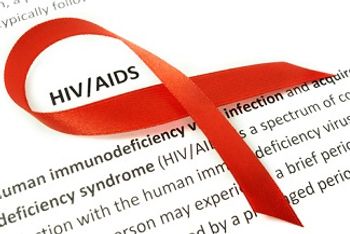
Unaddressed mental health challenges among youth living with HIV complicate antiretroviral therapy (ART) adherence, leading to high mortality and lower rates of viral suppression among this population.

In an addiction treatment desert like Alabama, in-hospital injection drug use and patient-directed discharge can be common.
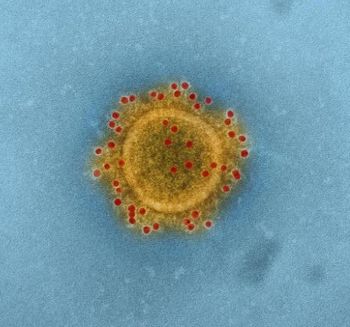
New York has had more than 100 cases of coronavirus. In anticipation of its spread, Gov. Andrew Cuomo has signed a bill that would boost funding, testing, and other prevention measures.

Stay on top of coronavirus developments from March 11, 2020.

Colleges and universities across New Jersey have taken a variety of measures to prepare for COVID-19.

Contagion® spoke to Onyema Ogbuagu, MD, who presented the week 96 results from the DISCOVER study evaluating F/TAF and F/TDF.
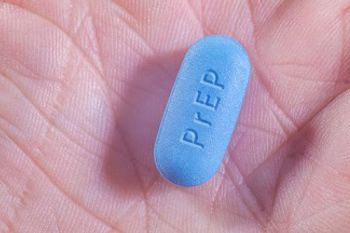
There was a statistically significant difference in renal safety which favored F/TAF over F/TDF at Week 96.
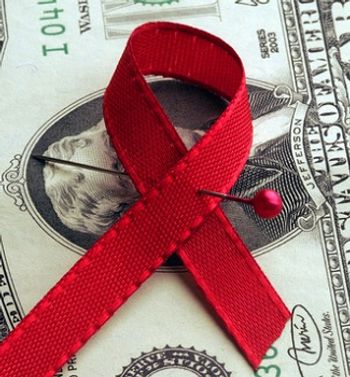
The rate of viral suppression among US youth aged 13 to 24 with HIV (YWH) hovers between 12 and 26%, representing an important clinical and public health challenge.
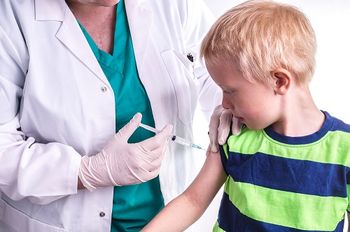
A study has identified geographic and socioeconomic drivers of conscientious vaccine exemption choice in Texas.

The WHO has announced that it considers COVID-19 a pandemic.

Italy has turned to drastic measures to contain the spread of COVID-19, placing the entire country on lockdown until at least April 3.

The FDA has launched an outbreak investigation in several states concerning mushrooms which may be contaminated with Listeria monocytogenes.

With community-acquired pneumonia (CAP), the numbers tell the story.

The time is now to put in place comprehensive action plans now to monitor, detect, and respond to treatment failure on dolutegravir.

Understanding the nuances of screening and testing criteria.

Stay on top of coronavirus developments from March 10, 2020.

HHS announced that they will purchase 500 million N95 respirators over the next 18 months.

The abstract authors report that both HIV viral load in plasma and proviral HIV DNA in CD4 cells have remained below levels of detection for up to 30 months.

Reducing barriers to care is paramount for people living with HIV and one such barrier in some countries, such as Zimbabwe, is high treatment loads that affect health system efficiency.
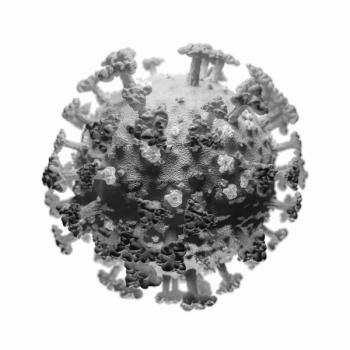
The state of New Jersey has confirmed its first COVID-19 death.

The last confirmed patient with Ebola was discharged from care on March 4, 2020.

Women living with HIV who are on an antiretroviral therapy regimen of dolutegravir experienced persistently higher weight postpartum compared with women on efavirenz in Botswana.

Travel history may be useful as a fifth vital sign in detecting coronavirus or any novel infectious disease.

The impact of COVID-19 has started to trickle into the sphere of conferences and large events.